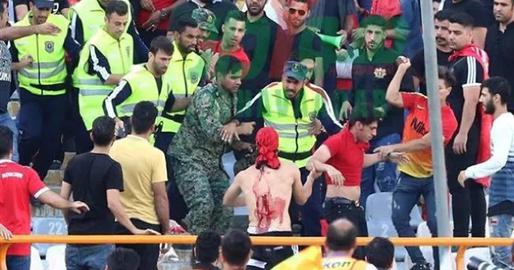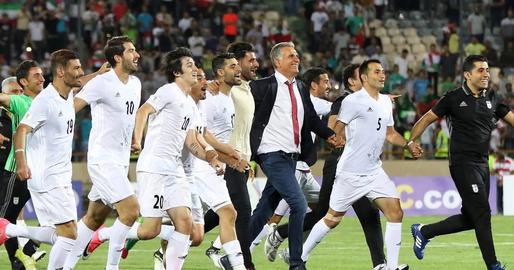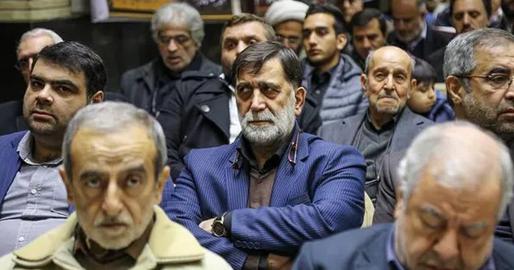This article is part of a 22-part miniseries on the history and stars of Iranian football released ahead of Iran's participation in Group B of the 2022 Qatar World Cup in November. You can explore the rest of the series here.
In Iran, the government regards any public gathering it did not itself organize as highly suspect, and potentially some sort of threat. Article 27 of the post-1979 Iranian Constitution states non-violent gatherings of all types are permitted “as long as they do not disturb the principles of Islam”. In reality, though, they are rarely if ever tolerated. The same principle governs the regime’s attitude to football matches.
Miroslav Blažević became head coach of the Iranian national team in 2001. In the first weeks of his stay in Iran, he had the opportunity to see first-hand the Tehran Derby: an annual match between Esteghlal and Persepolis at Azadi Stadium and the undisputed highlight of the Iran Pro League. After the final whistle blew, Blažević commented to his translator on the sheer number and zeal of the fans: “If this crowd marches into Tehran now, they could overwhelm change the government.”
The Croatian was unaware that for the past 10 years at least, plainclothes security agents had patrolled all top-tier matches in Iran. Last year Mehdi Mahmoudian, a political and civil rights activist still living in Iran, told a Clubhouse chatroom hosted by IranWire that the government also deployed “thugs”, a Persian term for hired petty criminals, to the bleachers to enervate – and thus wear out – any mutiny-minded fans during play.
After the IRGC took over the management of Tractor, an Iranian football club, he said, “We faced a wave of separatist and ethnic slogans [on the stands]. They repeatedly used a pseudonym for the Persian Gulf – the ‘Arabian Gulf’ – set fire to the Iranian flag and brought the Azerbaijani flag into the stadium. This all happened with the green light of the security agencies, so as to discharge people’s energy inside.”
The ”thugs” are supported in their mission to suppress fans by the Esteghlal and Persepolis Fans’ Associations, and occasionally by uniformed officers whose presence is announced in advance by the regime.
During the 2018 World Cup qualifiers, the Iranian Football Federation declared just 69 percent of the tickets for the June 12 match between Iran and Uzbekistan would be sold to fans. The other 31 percent, amounting to tens of thousands of seats, were allocated to the Ministry of Interior.
visit the accountability section
In this section of Iran Wire, you can contact the officials and launch your campaign for various problems






















comments